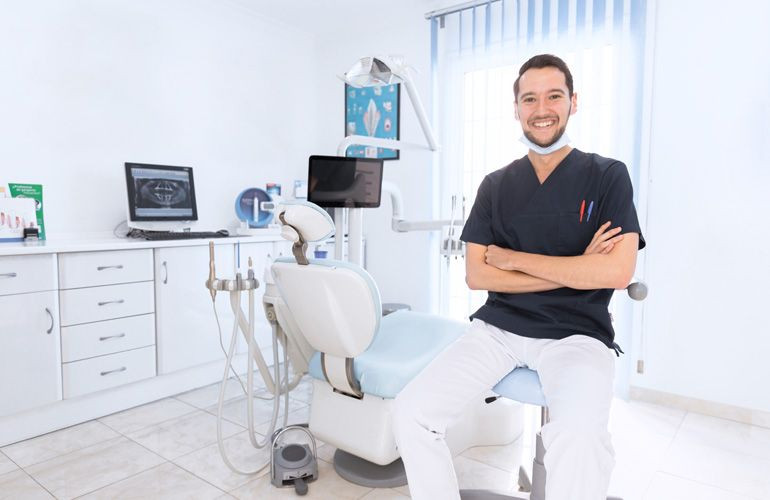Some oral health problems could not be addressed, no matter how consistent you are in brushing and flossing your teeth. Research indicates that specific oral health problems could be influenced by genetics. Nevertheless, it is essential to underscore that genetic causes only form a minority of oral health issues. Bad oral health, in contrast, is more of a consequence of lifestyle choices people make.
1. Oligodontia and hypodontia
Humans are born with around twenty teeth that begin erupting one by one after a few months. Adults would have 32 permanent teeth. However, certain people are born with less than this number of teeth, a condition known as oligodontia. Oligodontia is a rare disorder, estimated to occur in only 90-300 people for every 100,000.
An extreme condition, called anodontia, is where the person is born without teeth, even below the gums. As a consequence, they grow up toothless. Unlike oligodontia, the prevalence of anodontia is unknown. The same set of gene problems that can cause oligodontia and anodontia is also responsible for another disorder—characterized by excess teeth—a condition called hypodontia.
While dentists won’t be able to make your teeth come out, they can make artificial dentures for you. The type of dentures they’ll make would depend on the anatomy of your mouth and the type of teeth missing. In the case of hypodontia, excess teeth that build up pressure on the jaw would be removed.
2. A large gap between front teeth
Some people are born with jawbones and teeth sizes that are mismatched. When the teeth are too small in relation to the jaw size they’ll grow in, gaps between teeth (called diastemata) could become more pronounced. Genetics can also cause some people to have an oversized labial frenum, the region of the gum found above your incisors. This can also create a distinct gap between your incisors or front teeth.
Treatment options to close or reduce the gap width depends on the circumstance. In the case of an oversized labial frenum, an operation to remove the excess frenum could be undertaken. Your dentist might also recommend tooth veneers that will widen your teeth. Braces are also a possible option.
3. Crooked teeth
The genetic causes of crooked teeth are somehow similar to that with those in people with large diastemata. Innate imbalance of forces between the tongue and lips can also cause tugs that can distort the fit of teeth. Some people could also be born with teeth that grew in the wrong direction, even without thumbsucking, which is the most common reason for crooked teeth in children. Those with crooked teeth tend to be given braces to correct the crooked teeth alignments.
4. Yellow teeth
Genetic factors could also cause some people to be born with thinner than usual enamel. People with thinner enamel would have a deeper yellow tooth color. However, unless it has been established that you were born with thin enamel, teeth discoloration would be more likely due to aging or lifestyle choices such as smoking or drinking coffee often.
Bad oral health is different from genetics
Even as genetics can contribute to teeth problems, your lifestyle choices still play a huge role. For instance, although some people tend to be born with less resistance to tooth decay or gingivitis, these people can still have a perfect set of gums or teeth. On the other hand, so-called “normal” people who smoke or consume sweets often should expect to find their teeth in trouble.
It is worth emphasizing once again that science says bad oral health arises mostly from poor lifestyle choices. Genetics only plays a small role in most teeth problems. However, regardless of whether your teeth issues are predominantly genetic or environmental in nature, preventative oral care would go a long way in ensuring that you have a healthy pair of pearly whites. Professional treatment options also exist for people who have teeth problems due to genetics and lifestyle.
If you’re looking for a local dentist to help you with your dental health, get in touch with us today for a free consultation.



